On October 11th, 2023, a heap-based buffer overflow in curl was disclosed under the identifier CVE-2023-38545. The vulnerability affects libcurl 7.69.0 to and including 8.3.0. Vulnerable versions of libcurl may be embedded in existing applications. However, to reach the vulnerable code path, the application must be configured to utilize one of the SOCKS5 proxy modes and attempt to resolve a hostname with extraneous length.

In a controlled environment, reproducing the bug itself is trivial. Pictured below is a vulnerable version of curl requesting a hostname consisting of 10,000 A’s through a configured SOCKS5 proxy, resulting in memory corruption leading to a Segmentation fault.

In practice, the scope of the vulnerability is more nuanced. As noted above, curl must be configured to utilize a SOCK5 proxy to reach the vulnerable code path. If you run an application utilizing a vulnerable version of curl/libcurl that makes HTTP requests and an attacker can set the “http_proxy” environment variable, curl may automatically inherit that configuration, allowing the vulnerable code path to be reached (pictured below). Of course, this assumes that the attacker already has some level of privileged access to set these environment variables. At such a point that an attacker already has privileged access, leveraging this curl vulnerability is certainly not the easiest path to remote code execution.
.png)
Through the lens of “exploit-ability” in practical deployments of curl, few could be remotely triggered. After significant research, the GreyNoise Labs team was able to identify one such configuration scenario that we would be able to track and have created a tag for detecting it. In the unlikely event that more vulnerable-in-practice applications come to light in the coming days, the tag will be updated to capture the associated traffic.










.png)
.png)